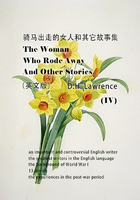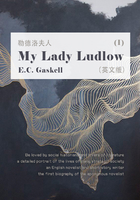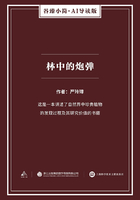Preface
Back when I was a law school student in the early 1980s, my professors taught me that shareholders "own" corporations and that the purpose of corporations is to "maximize shareholder value." I was just out of college at the time and not very familiar with the business world, so this made sense enough to me. When I first began lecturing and writing in business law myself, I incorporated the shareholder value thinking that I had been taught into my own teaching and scholarship.
It soon became apparent to me there was a problem with this approach. The more I read business law cases, the more obvious it became that U.S. corporate law does not, in fact, require corporations to maximize either share price or shareholder wealth. My first reaction was puzzlement and frustration. Shareholder value thinking was almost uniformly accepted by experts in law, finance, and management. Why then, I asked myself, wasn't it required by the actual rules of corporate law?
In 1995, I spent some time as a guest scholar at the Brookings Institution in Washington, D.C. While there I was lucky enough to get to know Margaret Blair, an economist also interested in corporations. Blair offered a novel answer to my question: maybe corporate law was right and the experts were wrong. Maybe there were good reasons why corporate directors were not required to maximize shareholder value.
That conversation with Blair began my nearly two decades of investigation into the question of corporate purpose. My sense that something was wrong with shareholder value thinking was only heightened when Enron, a firm obsessed with raising its share price and a supposed paragon of "good corporate governance," collapsed in fraud and scandal in 2000.
Writing both alone and with Blair, I published articles on the question of corporate purpose and sought out the work of other academics willing to question the theoretical and empirical validity of "shareholder primacy." Meanwhile, I was becoming involved in the business world myself as an advisor to and a director of profit and nonprofit organizations. I took every opportunity to ask the business executives, corporate lawyers, and individual and institutional investors I dealt with how they thought corporations really worked. The more I listened to their answers, the more I grew to suspect that "maximize shareholder value" is an incoherent and counterproductive business objective.
Put bluntly, conventional shareholder value thinking is a mistake for most firms—and a big mistake at that. Shareholder value thinking causes corporate managers to focus myopically on short-term earnings reports at the expense of long-term performance; discourages investment and innovation; harms employees, customers, and communities; and causes companies to indulge in reckless, sociopathic, and socially irresponsible behaviors. It threatens the welfare of consumers, employees, communities, and investors alike.
This book explains why. It is written to be of use for law and business experts, but it is also written to be understood by executives, investors, and informed laypersons—indeed anyone who wants to understand why corporations do what they do, and how we can help corporations do better.
Although it would be near-impossible for me to thank everyone who generously gave me ideas, suggestions, or support as I wrote this book, I would like to acknowledge the special contributions and inspiration provided by Ralph Gomory and Gail Pesyna at the Sloan Foundation; Judy Samuelson at the Aspen Institute; and Steve Piersanti and the wonderful staff at Berrett-Koehler. This is their book as well.
Lynn Stout
February 2012














